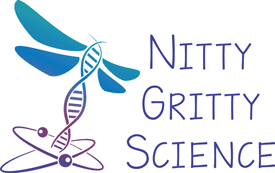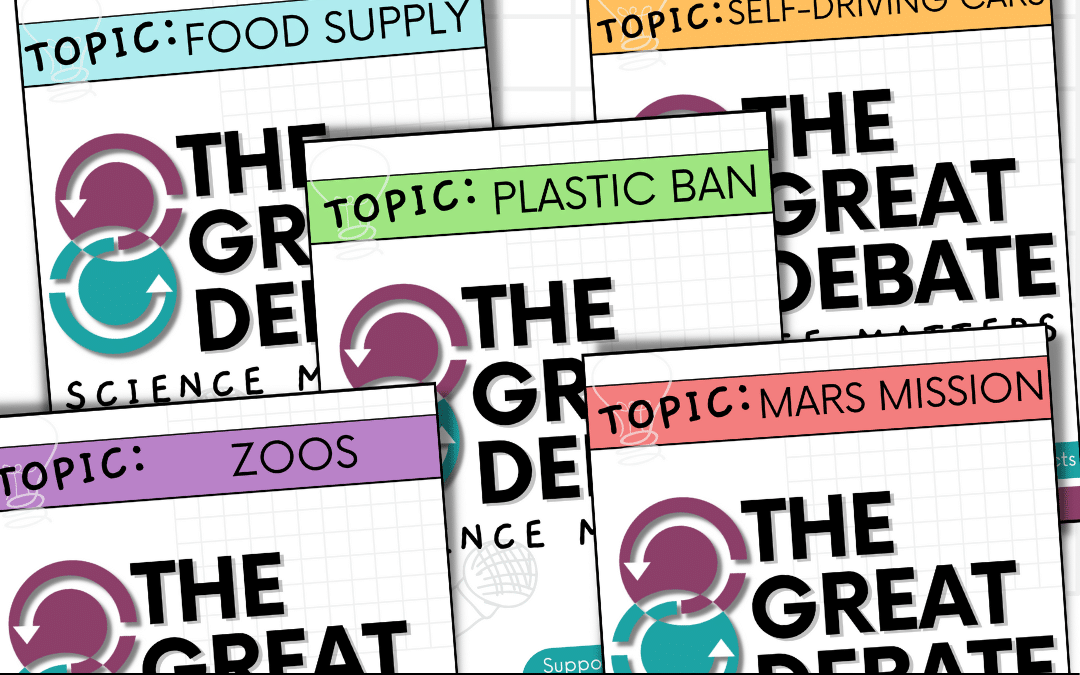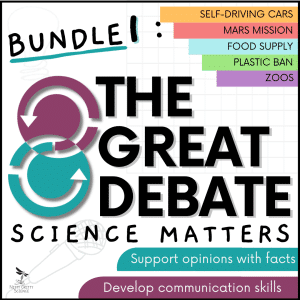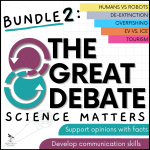“The important thing is to not stop questioning. Curiosity has its own reason for existing.” – Albert Einstein
In today’s world, kids are inundated with technology and losing the art of conversation and even the ability to make eye contact with those around them. That’s why debate and public speaking are essential for not only the academic world but life in general as well.
A debate is a discussion surrounding an issue that has two sides: one supporting it and one opposing it. There is also typically a judge who determines the quality of evidence and performance of each side.
What is the purpose of a debate?
The purpose of a debate is to succinctly express a point of view on a particular issue using persuasive arguments.
Why are debates useful for students?
- Speaking in front of others can often be a challenge, so by engaging in debates, students learn to avoid speaking too quickly and to make eye contact with the audience and judges.
 Being prepared, staying positive, and focused allow students to become more comfortable speaking in front of groups of people.
Being prepared, staying positive, and focused allow students to become more comfortable speaking in front of groups of people. - Debates improve communication skills encouraging more dialogue and less confrontation.
- When you’re thinking critically about something, you’re analyzing, synthesizing, and evaluating information. Engaging in debates fosters critical thinking and conflict resolution.
- Debates demand students thoroughly research and gather supporting evidence on a particular issue and wade through what’s relevant and real and what’s not.
- Debates develop organizational skills that are imperative for the real world. Because they follow a certain format, students are required to follow a set of procedures on how a successful argument is constructed.
- Debates force students to see both sides of an issue. Sometimes students are given a topic that they disagree with. This allows for a stronger debate in examining the strengths and weaknesses of both sides.
- Debates allow for teamwork and collaboration, focusing on group skills that are essential for the real world.
- Debates encourage empathy. Students may not agree with the position of the argument they have been assigned, but by researching that particular point of view, they will begin to understand the perspective of someone else and thus expand their own worldview.
- Debates improve students’ ability to listen. While the other side is presenting their point of view, students must listen for the main points while simultaneously trying to figure out how they’re going to defend those points.
Using NGS Debates In the Classroom
Nitty Gritty Science has created a debate series to support literacy by helping students absorb and understand science concepts by engaging them in meaningful, relevant discussions. Students are more engaged when the topics they’re researching are relatable. Students are asked to consider questions surrounding controversial topics, including – Are zoos beneficial for animals? Should self-driving cars be allowed on the road? Should plastic bags and packaging be banned? Should alternative methods of food supply be supported? Should we send a human mission to Mars just because we can?
Each debate includes:
- 8 CHARACTER CARDS – 4 are for an issue, and 4 are against it. Assigning each student a point of view on a topic and not letting them choose a side requires them to think about and research both sides of an issue regardless of where they stand.
- TEACHER GUIDE – The teacher guide follows a clear, step-by-step procedure for running a successful debate. It offers debate-style options and objectives.
- STUDENT WORKSHEETS – Whether actively debating or in the audience, students will need to research the topic, generate questions, and determine if sources are credible, and the worksheets offer a structured way to complete those tasks.
- ASSESSMENT RUBRICS – One for summative grading and one for peer assessment based on behaviors of the debate team
- CLASSROOM POSTERS – Posters are also included as reminders for students during a debate helping them and encouraging them to stay on task.
Check out the Great Debates Series from Nitty Gritty Science by clicking the links below.
The Great Debate: Mission to Mars
The Great Debate: Self-Driving Cars














